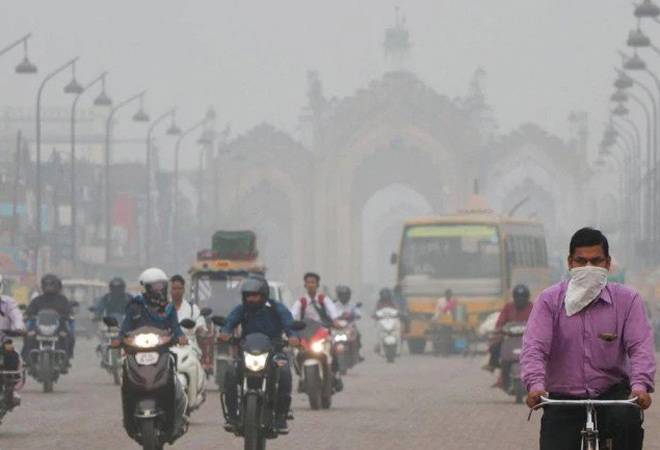
As reported in the latest AQI Bulletin from the Central Pollution Control Board (CPCB), Delhi’s daily average Air Quality Index (AQI) has reached a concerning level of 424, falling into the ‘severe‘ category. On Thursday morning, AQI values in certain parts of the city, such as Anand Vihar and Patparganj, peaked at 472. These values signify an air quality level that poses risks even to healthy individuals.
To counter the escalating pollution, an 11-point action plan under Stage-III of the Graded Response Action Plan (GRAP) will be activated from 8:00 AM on November 15, 2024. This action plan, applicable across the entire National Capital Region (NCR), mandates a series of emergency measures to be enforced by various pollution control boards and agencies. Key actions include:
Enhanced Road Cleaning: Increasing the frequency of mechanized road sweeping.
Regular Water Sprinkling: Ensuring daily water sprinkling on roads and high-traffic areas with dust suppressants, particularly before peak hours, and disposing of collected dust in designated landfills.
Expanded Public Transport: Boosting public transportation services to reduce private vehicle use.
Differential Travel Rates: Encouraging off-peak travel by offering varied fare rates.
Ban on Construction Activities: Strictly enforcing a ban on dust-generating construction and demolition activities across the NCR.
This year, Stage-III of GRAP is being activated later in the season compared to last year, when it was invoked on November 2, 2023.
Primary Schools Shift to Online Classes
With the persistent rise in pollution levels, the Delhi government has introduced online classes for primary school students until further notice. Chief Minister Atishi announced this measure on social media, emphasizing the need to protect children’s health in these adverse conditions.
AQI Levels and Health Implications
According to CPCB guidelines, AQI levels between 401 and 500 are classified as ‘severe‘ and are hazardous to all individuals, including those without pre-existing health issues. Thursday’s AQI readings above 400 in several parts of Delhi highlight the severity of the pollution crisis and underscore the need for immediate, effective intervention to mitigate health risks for Delhi’s residents.






